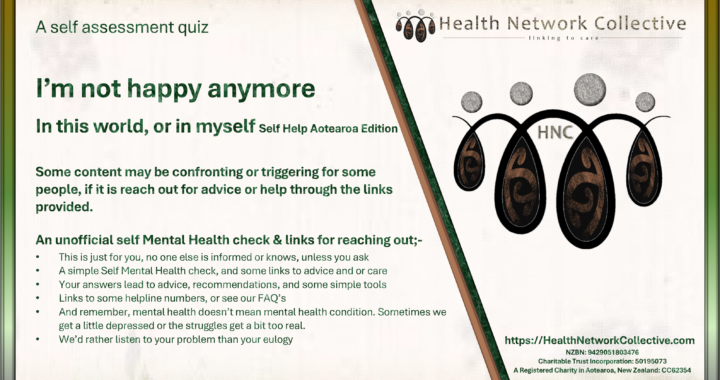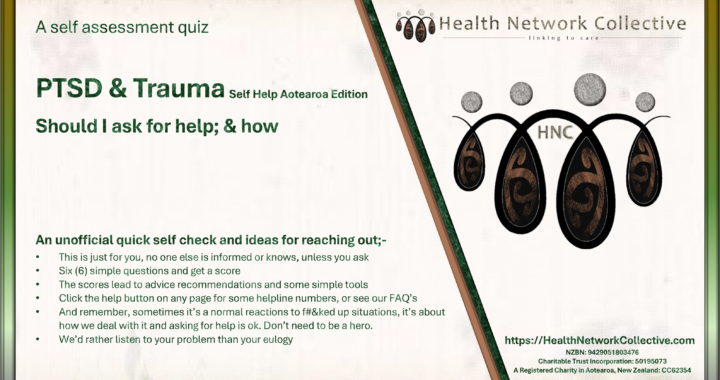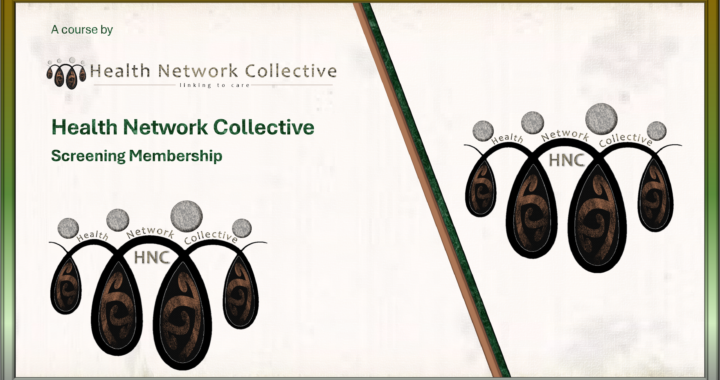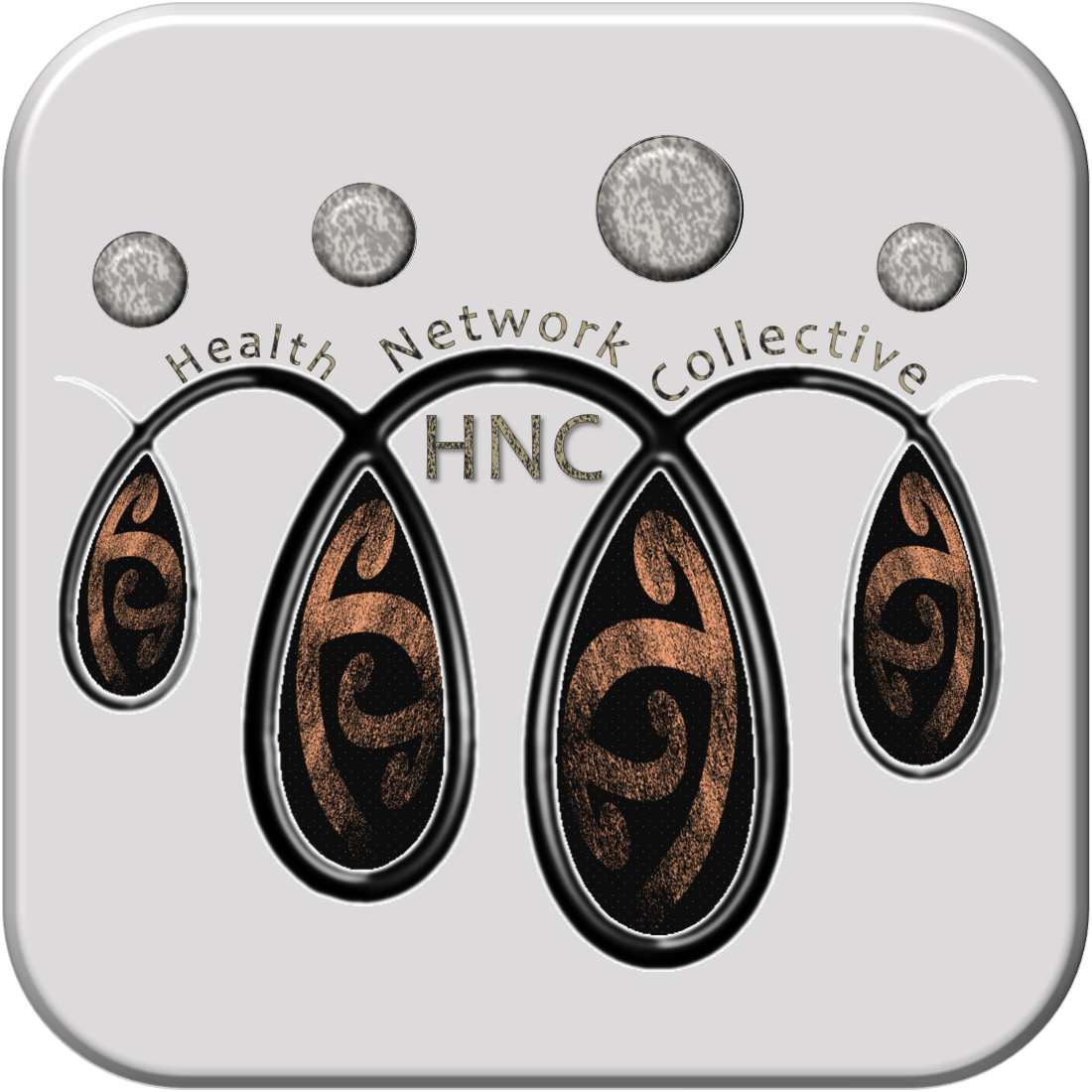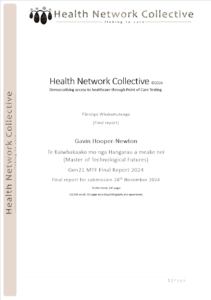
Conclusion
This project research and analysis have evidenced that:
“By leveraging of EDT and associated technologies to formalise qualification and provide a systemised supported framework for facilitating HCV care navigation by kaiawhina and peers; we can contribute to financial, health and community benefits with improved destigmatised health care access and lessened burdens on existing health systems”
HCV infection is a prevalent global community concern that recently developed DAA’s offer significant opportunity for not only cure of individuals, but elimination of HCV as a global public health threat. One hundred and ninety-four countries have become signatories to the WHO strategy for elimination of HCV by 2030. Nine countries are on track to this goal, we have an impetus to find, test and treat people. Globally.
Aotearoa is the only country globally likely to increase HCV rates by 2030 (CDA Foundation, 2023).
People who inject drugs (PWID) represent both the priority population most at risk of HCV infection and due to the illegal nature of injecting illicit drugs, a highly stigmatised and vulnerable population that is extremely hard to reach in terms of providing health care, including diagnosis and treatment of HCV. A key resource to facilitate HCV treatment of PWID involves harnessing the workforce of those with lived and living experience of injecting. Peers, in this definition, have the advantage of being understood and accepted as frontline workers by PWID.
In addition to PWID, over fifty percent (50%) of the global population are solely reliant on limited essential health assistance. More than ten percent (10%) of the global population have no access to health. A key resource to population wide HCV treatment is enabling decentralized community-based practice, care of community by community.
(in a nutshell – finding people who are infected is REALLY DIFFICULT!!?)
The successful implementation of the proposed solutions will contribute to facilitating;
- formalisation, recognition and transparency of skill or qualification
- kaiawhina / peers being supported in maintaining contact and relationships with wai ora, to navigate them through their treatment and continuation of care
- kaiawhina / peers being supportively engaged in enhancing predominately under resourced, under financed and over committed primary and secondary medical care systems contributing to financial benefits, accessibility, and viability of widespread general population testing towards global 2030 elimination goals.
